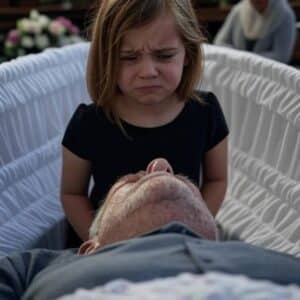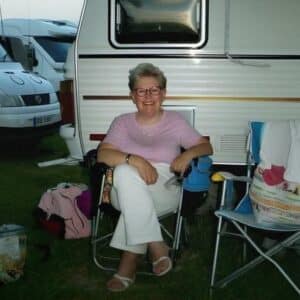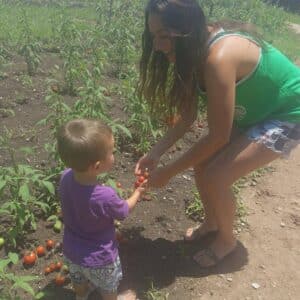When my grandfather died, what should have been a time of shared grief instead brought out the worst in my relatives. No one paused to trade memories or recall his gentle whistle; all they cared about was the estate. While they imagined bank accounts and valuables, I could only think of the afternoons he and I spent together—old chessboards glowing in firelight, heartfelt conversations that shaped the person I became.
I was twenty, the youngest grandchild, a college sophomore. At the will reading the atmosphere crackled with anticipation. Each grandchild, the lawyer announced, would receive two‑hundred thousand dollars. Smiles broke out. You could almost hear wheels turning about new cars and tropical vacations. Then the lawyer turned to me and said my grandfather had left me the family farmhouse, nothing more.
An awkward hush spread through the room. Someone near the back let out a snicker. A cousin whispered, loud enough for all to hear, that I’d ended up with “mold and memories,” and another joked I’d better call an exterminator. Their laughter stung, but it couldn’t overshadow what I felt: that house was where my grandfather and I had baked pies, traded stories, and talked about dreams. He always reminded me that true legacy isn’t money—it’s what you help another person carry forward.
Moving in felt like stepping into a living scrapbook. Floorboards groaned as they always had, windows stuck a little, and the fireplace still smelled of smoky comfort. One afternoon while sorting boxes, I noticed a bookshelf that didn’t sit flush against the wall. When I nudged it aside, a doorway appeared, revealing a hidden room filled with notebooks, fabric swatches, and boxes labeled with patent numbers. My grandfather, I realized, had spent years inventing sustainable textile concepts that never reached the world.
Sitting on that dusty floor, tears in my eyes, I decided to pursue his unfinished dream. I devoured the material, studied textiles, and launched a small eco‑friendly fabric brand straight from the farmhouse. Orders trickled in, then multiplied. Boutique owners called, then larger companies. Soon the creaky old house buzzed with shipments and conference calls.
The cousins’ jokes faded. One showed up, designer sunglasses perched on her nose, asking if I’d partner with her on a lifestyle brand. Another messaged me for “mentoring.” I politely declined, saying I was busy building something. I owed them nothing; I was honoring a promise.
The farmhouse, once dismissed as useless, became a thriving business hub. Meanwhile, the cousins burned through their inheritances on cars and holidays. I spent my nights by the same hearth where my grandfather and I had plotted rook moves and talked about life. His photo rests on the mantel, and every evening I look up and murmur, “We made it.”
He left me no fortune in cash, yet he gave me something richer: belief, purpose, and a sanctuary where ideas could grow. When the world laughs or underestimates you, remember that value isn’t always measured in dollars. Sometimes it’s found in quiet moments, in the trust one person places in another, and in the courage to build something beautiful out of nothing. That is the legacy worth fighting for, the kind you will into existence—no matter who doubts you.





